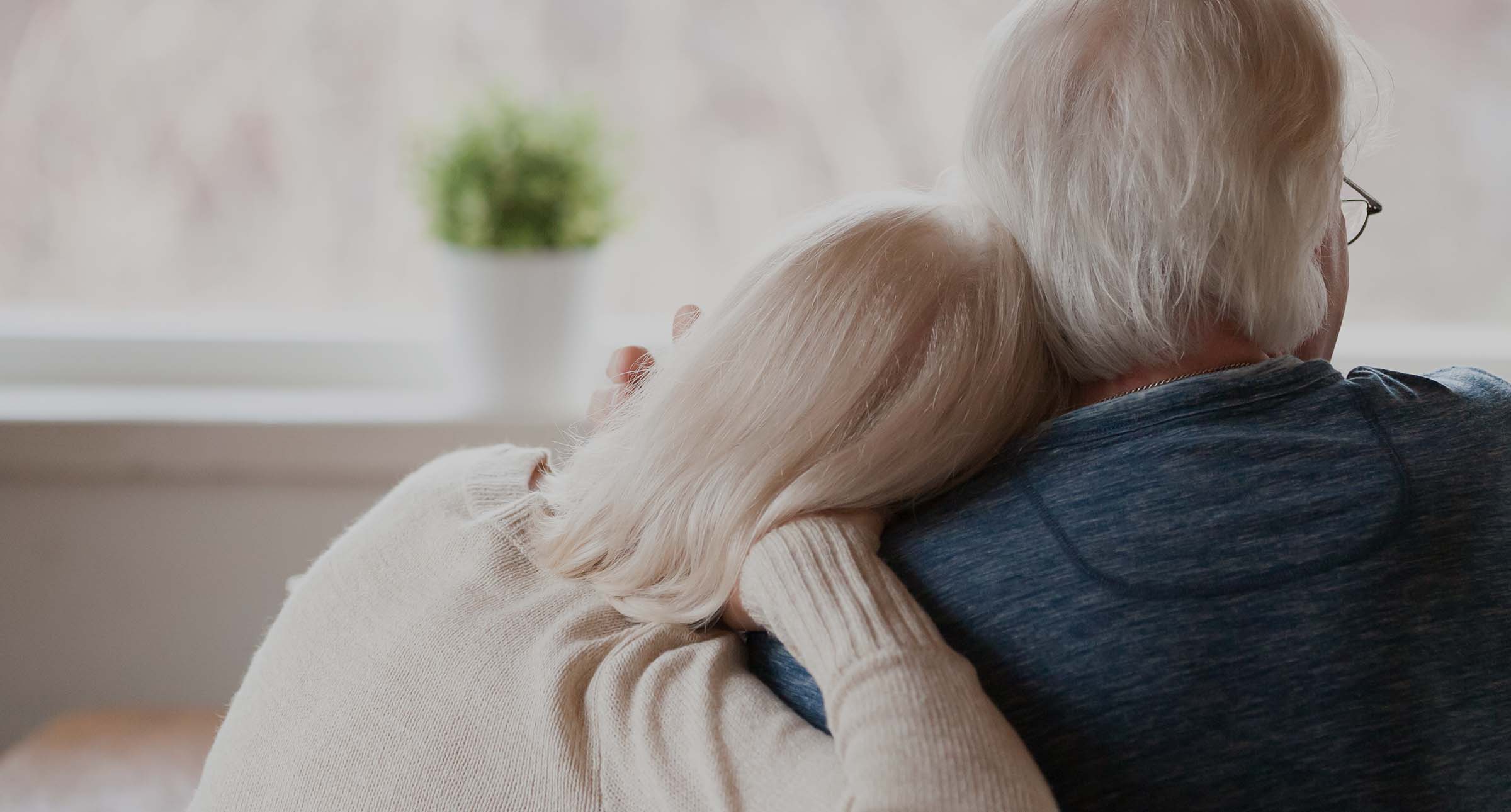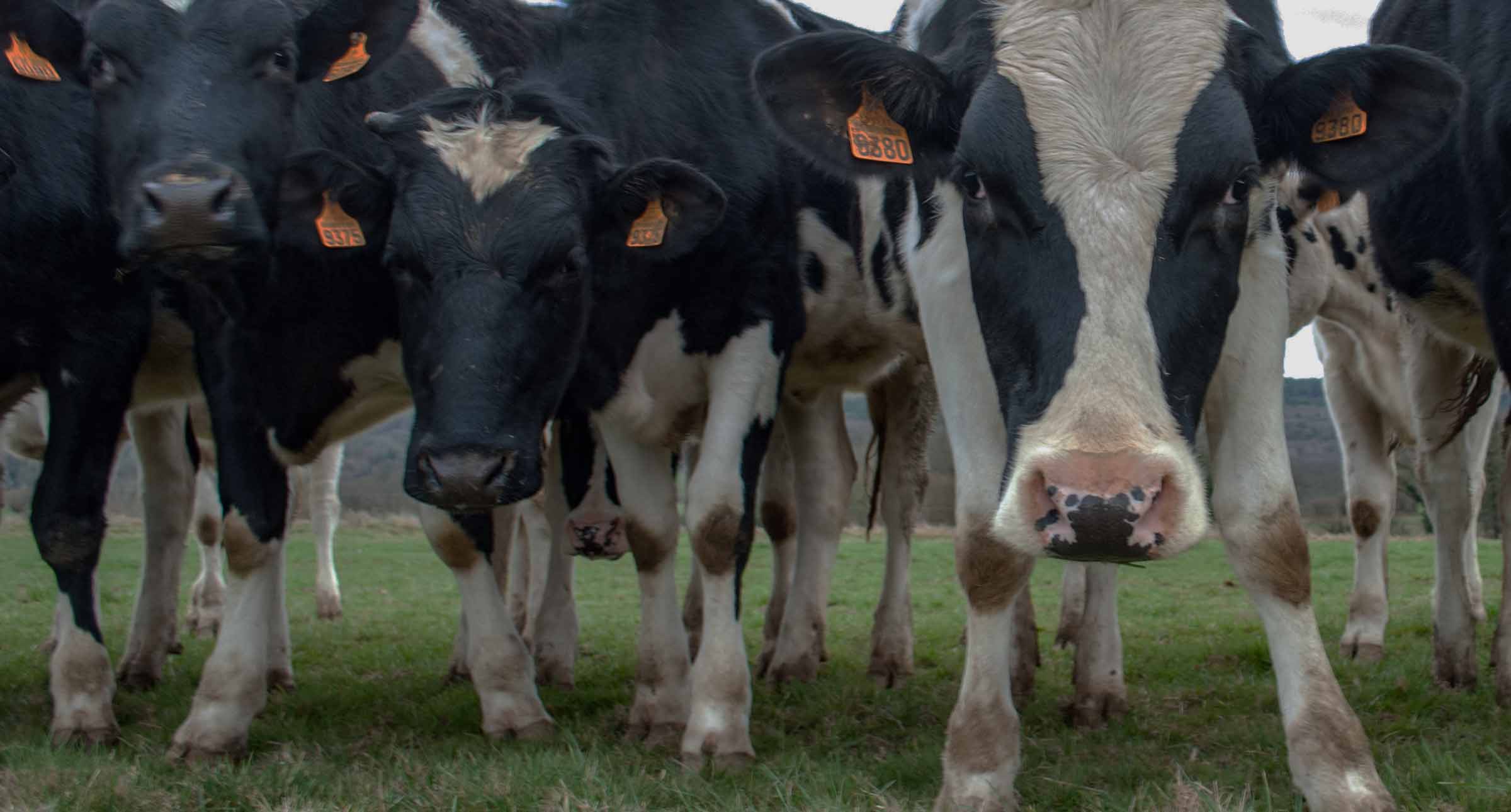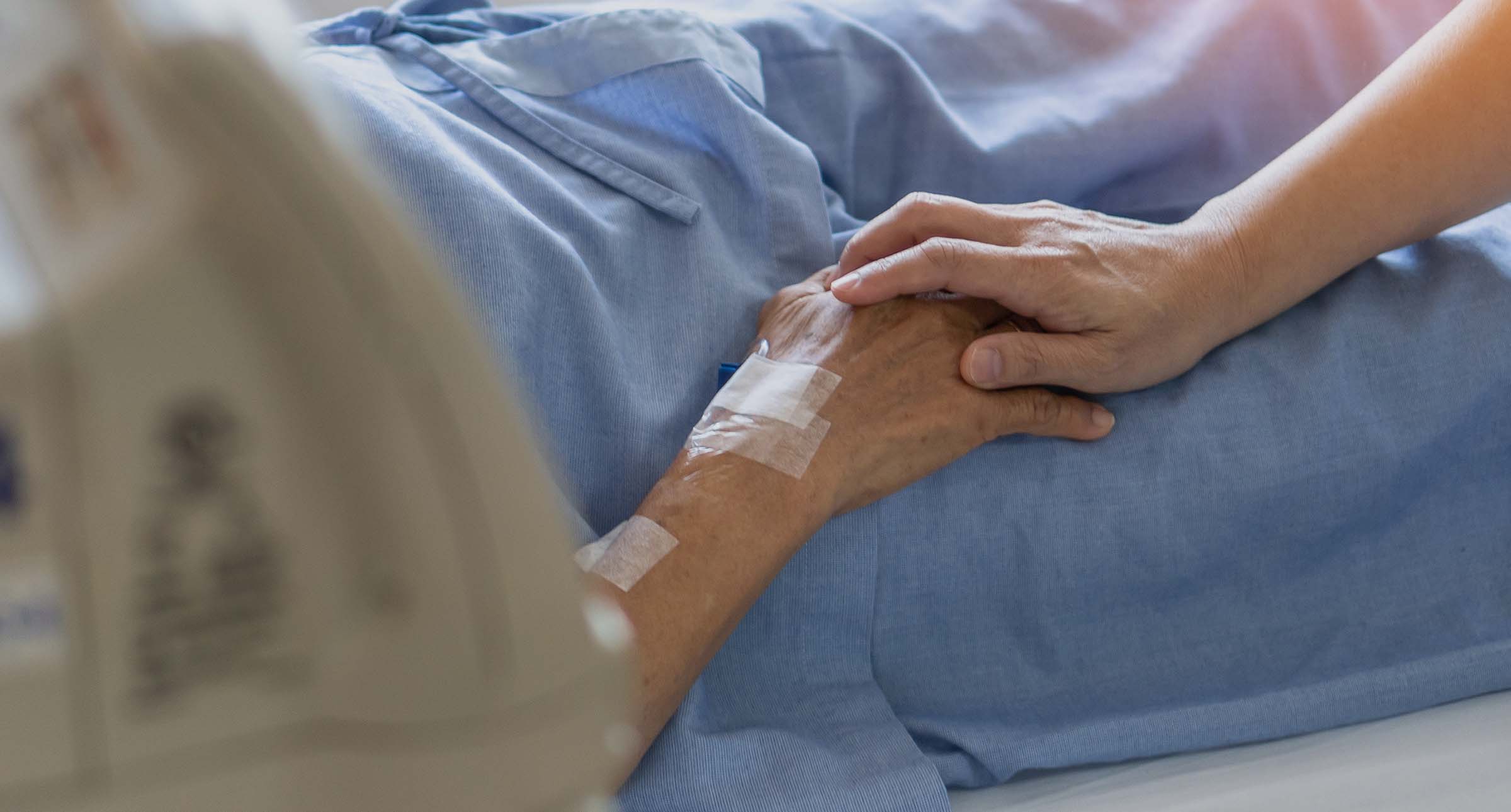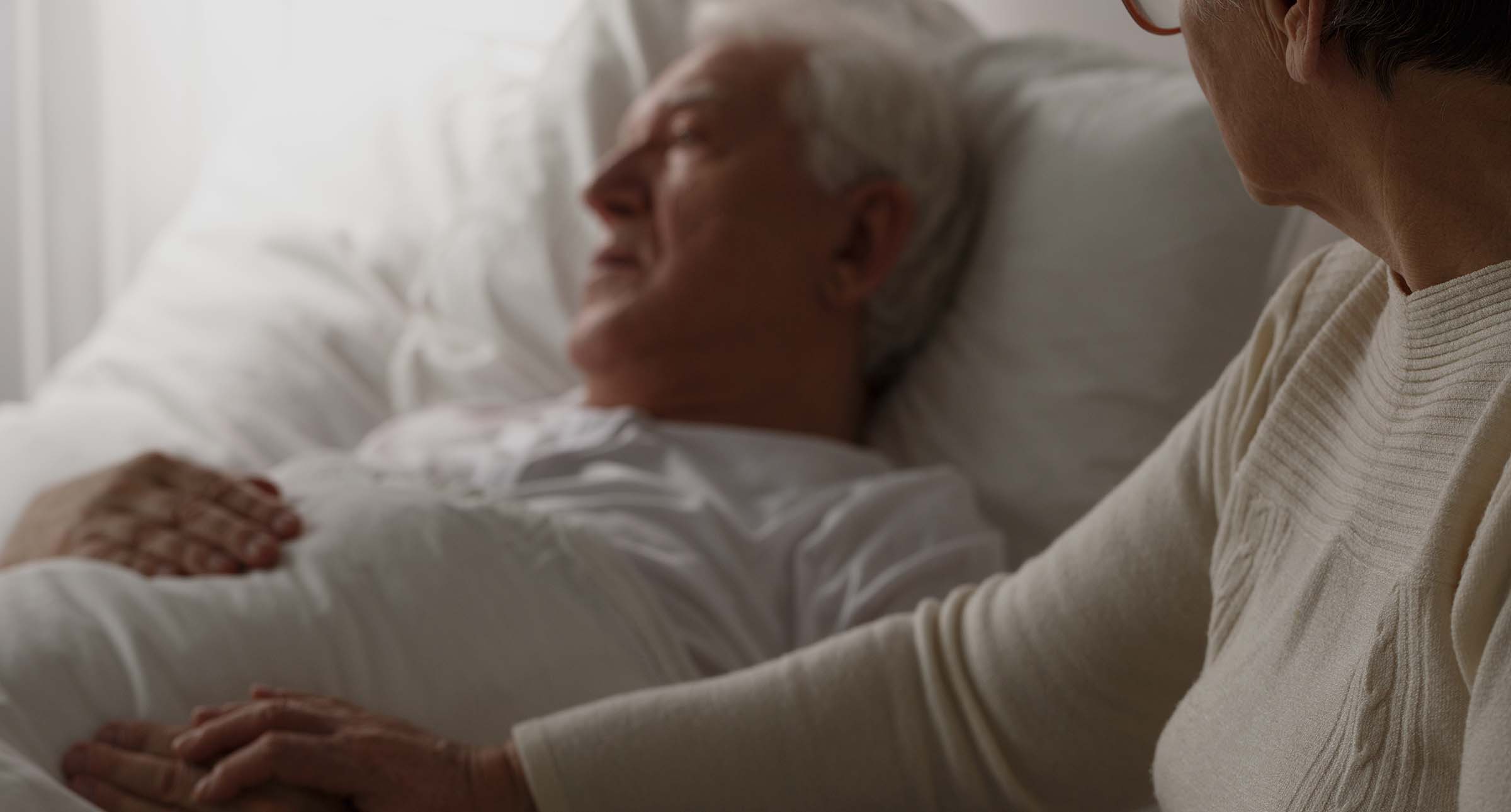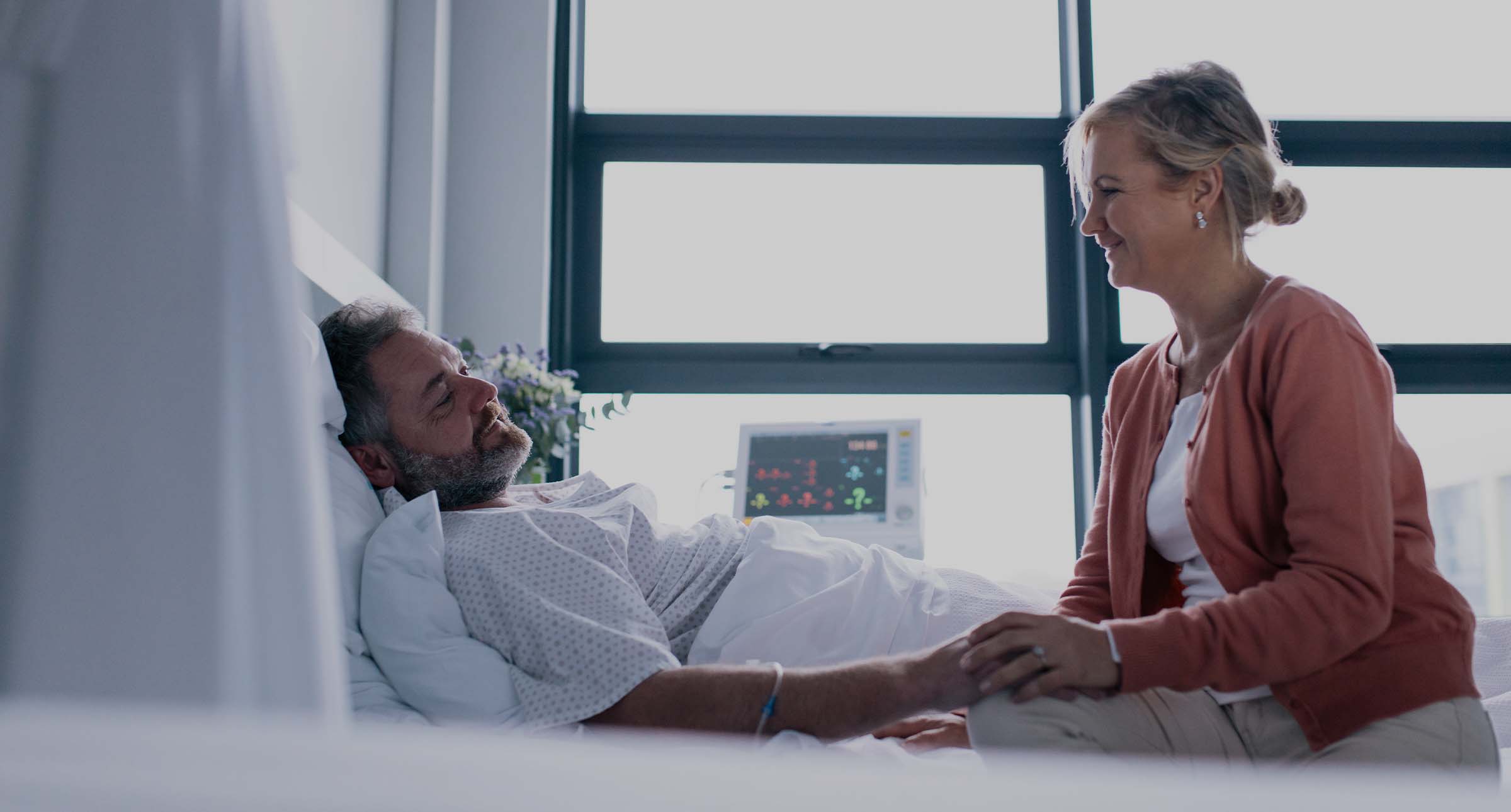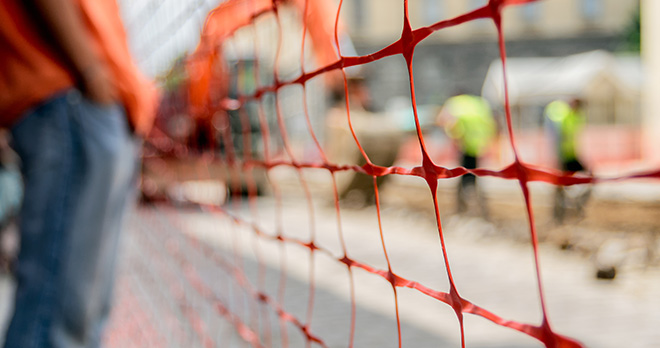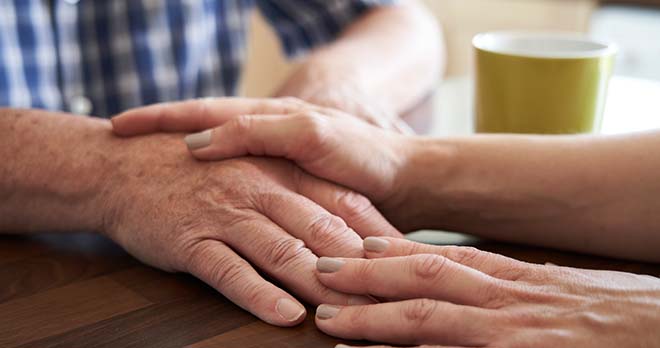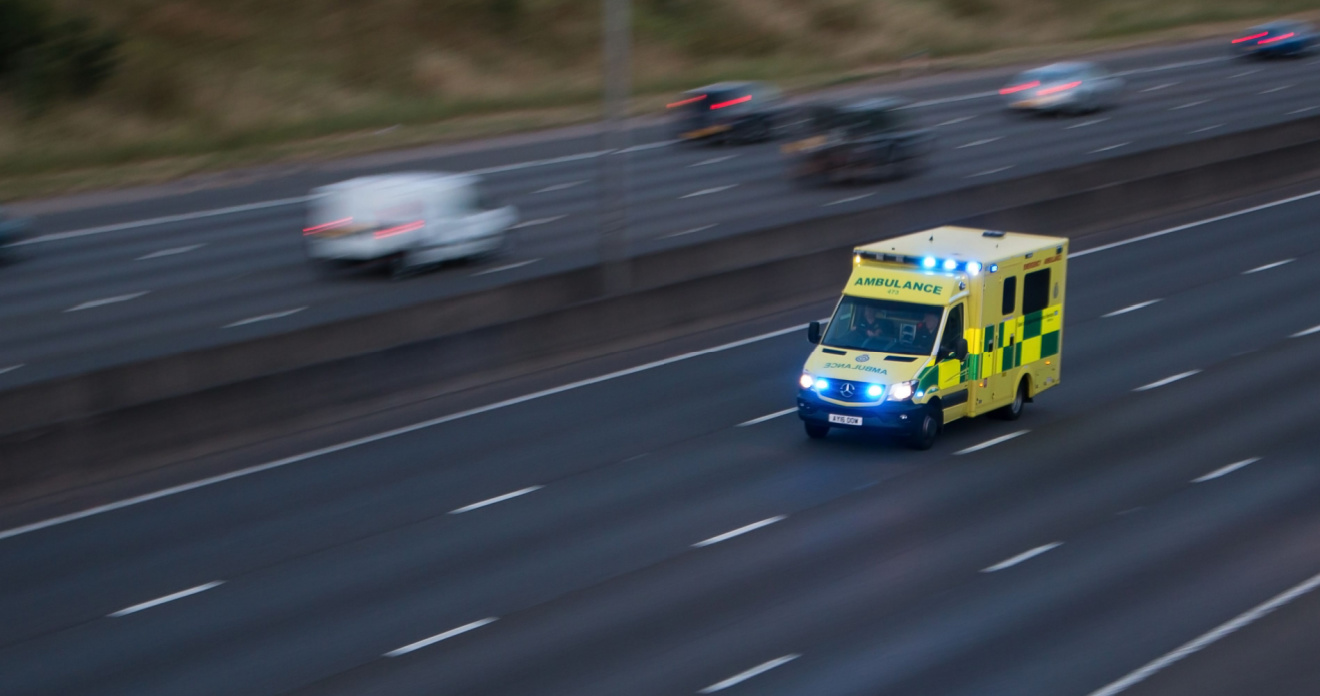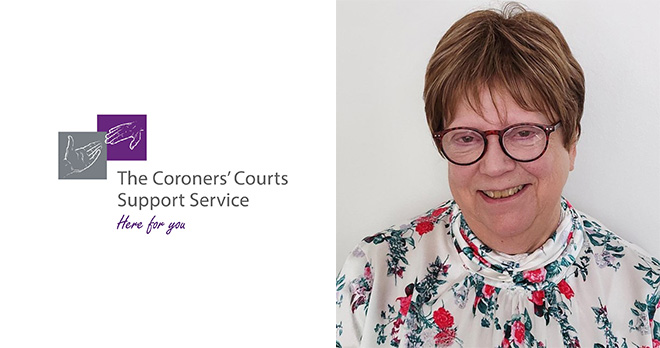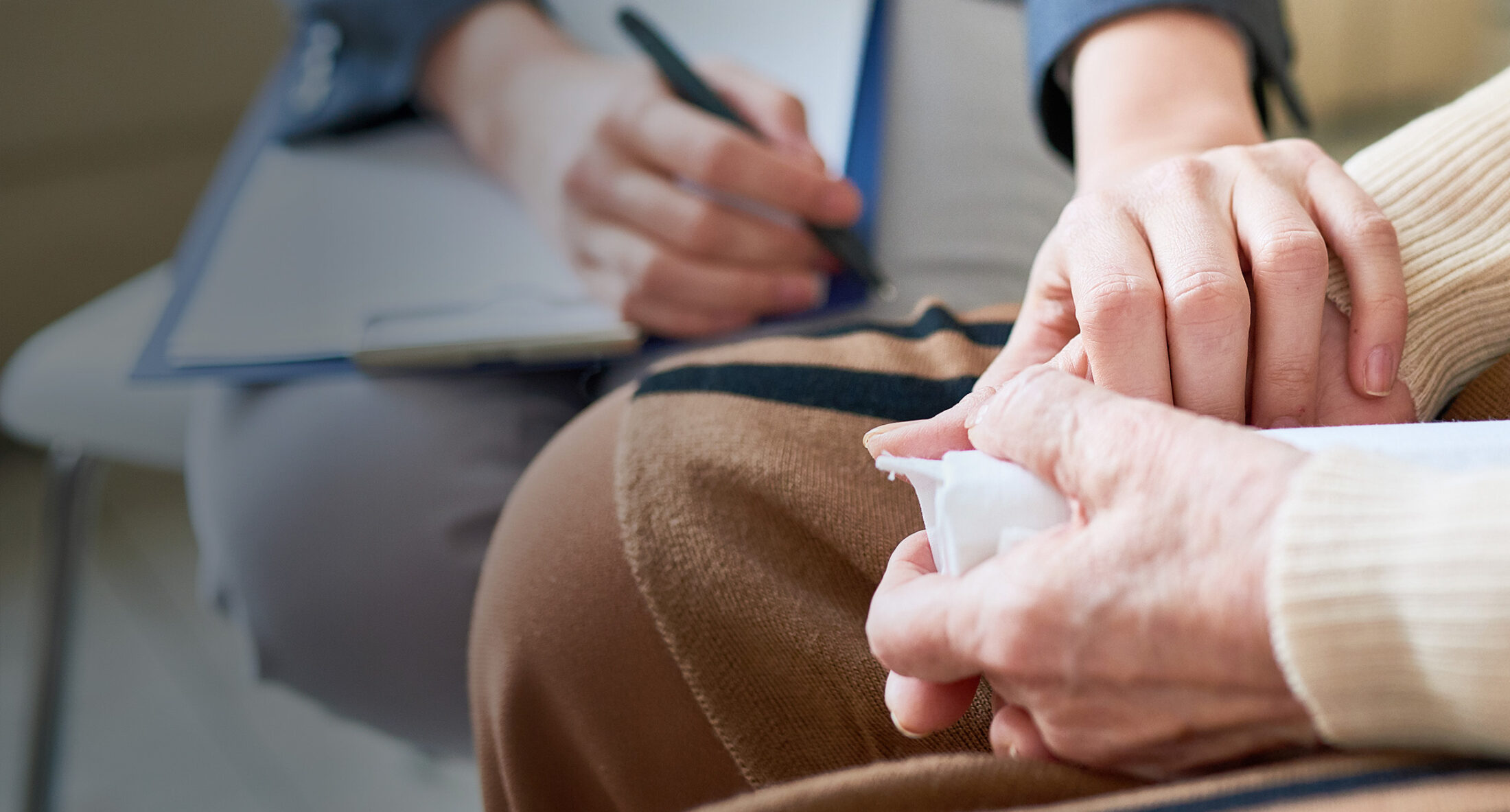

Fatal injury claim lawyers
When you believe the death of a loved one occurred as a result of an accident or due to substandard care, you will want answers. We can help you get them.
Our dedicated fatal claims lawyers will work with you to get answers. Because you deserve to know the truth.
We will guide you through the process. We are experts in claims when someone has died, and will bring clarity to you and your loved ones about what went wrong.
We have a specialist team dealing with claims where there has been a death due to negligence. Whether it is an individual or an organisation at fault, we will obtain answers on your behalf and fight for the compensation you and your family are entitled to.
Find out more about our services relating to fatal claims below:
When can you make a fatal claim?
A fatal claim can be brought when someone has died as a result of negligence. This could be as a result of any substandard treatment, but examples of cases we see include:
- Death occuring as a result of poor medical treatment, such as misdiagnosis of a serious condition or not receiving proper care for an injury or condition
- Deaths where an accident that has resulted in a death, for example whilst at work or whilst driving or cycling
- Deaths in the care of the state, such as in prisons, whilst detained in a mental health units or involving the police
Please contact us if you think the death of your loved one was caused by negligence.
We have a particular specialism in medical negligence, which you can find out more about below.
What compensation is available for a fatal injury claim?
Understanding exactly what happened can be a great comfort. We will do our utmost to explore what went wrong. We are also often able to achieve a formal apology for what happened, which can be the most important part for some families.
Whilst no amount of compensation can make up for the death of a loved one, it can bring peace of mind and ensure financial stability for you and your family.
-
Compensation for pain, suffering, and loss of amenity
Compensation for pain the deceased suffered prior to their death as a result of negligence.
-
Financial losses of the deceased prior to death
Any loss of earnings or additional expenses resulting from the negligence before the death, for example when there is injury or disease they may not be able to work or may have to pay for additional care or treatment.
-
Loss of financial
Where there is a shortfall in the household income as a result of someone’s death, a claim can be made for the difference, both in terms of their earnings and to make up for reduced contribution to pensions.
-
Loss of care
If the deceased was responsible for caring for any dependants, such as children or elderly relatives then a claim can be made to reflect the additional cost of this care being provided , e.g. if this care now has to be provided by a paid childminder/carer or another family member.
-
Loss of services
If the deceased contributed in terms of household tasks, such as gardening, DIY, housework then a claim can be made to reflect these services needing to be paid for privately or by another relative.
-
Statutory bereavement award
This compensation is a one off payment awarded to certain family members when a death occurs. The amount is set down in statute and is currently £15,120 if the death occurred after 1 May 2020.
-
Funeral expenses
The costs of a funeral can be claimed, together with any reasonable expenses such as the headstone and the cost of a wake.
-
Psychiatric injury and related losses
In certain situations a claim can be made for those who suffered injury through witnesses distressing events following negligence, for example if a family member witnesses the death of a loved one and suffers psychiatric injury this may impact their ability to work or they may need specialist treatment to support them.
-
X v Tameside and Glossop Integrated Care NHS Foundation Trust
X suffered from a number of falls whilst under the care of Tameside hospital. He had been assessed as ‘high fall risk’ but had not received the required supervision and care to prevent these avoidable falls. A fall on 19 May resulted in a hip fracture leading to developing pneumonia from which he sadly died.
-
SB v Dorset County Hospitals
SB began experiencing severe abdominal pain and vomiting green and black fluid. She attended hospital however discharged with no follow up. The following day she collapsed at home suffering a cardiac arrest and died shortly after. Following an inquest it was found to have a para-umbilical hernia. As a result of excessive vomiting and retching she developed incarceration of her para-umbilical hernia which in turn led to intestinal obstruction, ischaemia and multi-organ failure.
-
CR v University Hospital Southampton NHS Trust
CR had previously had a Type A ascending aortic dissection which was repaired successfully. 2 years following, following a repeat of back pain and shortness of breathe, she attended hospital. Following delays in assessment, CR suffered a rupture of the Type B aortic dissection, cardiac arrest and died.
-
SP v Sunnyside Private Nursing Home (1) Frimley Health NHS Trust (2)
Owing to inaccurate and inadequate levels of PEG feed and fluid, SP suffered avoidable dehydration, inadequate nutrition, significant weight loss and renal impairment. He contracted hospital acquired pneumonia and MRSA which resulted in his death.
-
KB v Bellevue Healthcare (1) South Tees NHS Trust (2)
KB was diagnosed at an early age with Parkinson’s. As a result of substandard wound and skin management, she developed a grade 3 pressure sore. This led to avoidable osteomyelitis, significant pain and a complete reduction in her quality of life prior to her death.
- Trusted experts in fatal claims
- Track record of successful claims
- Supportive and understanding
- Wide range of funding options available
If you would like to speak to our personal injury team, please call us on
If you have lost someone as a result of medical negligence, call
"Our family will always remain grateful to Ali, Tom and Becky for ensuring the truth about our mother’s tragic death was finally heard and acknowledged. I would not hesitate to recommend their service to others."
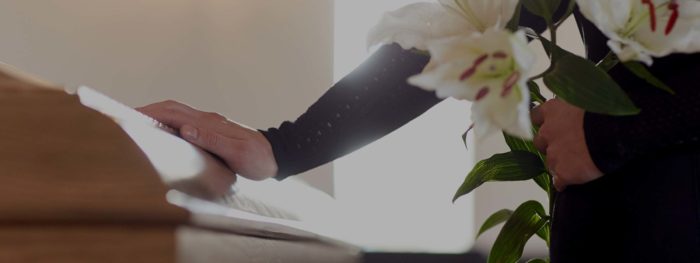
Read our bereavement guide
What you need to know when a loved one dies.
Our specialists have put together a comprehensive guide to help you know where to start with the practical steps after someone dies.
Find out more about Fatal Accidents Act (FAA) claims
Fatal expert Lucy Crawford explains what you need to know about bringing a fatal claim
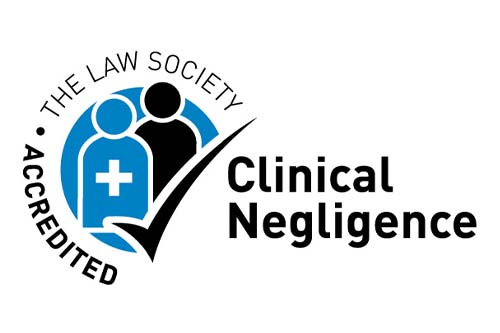
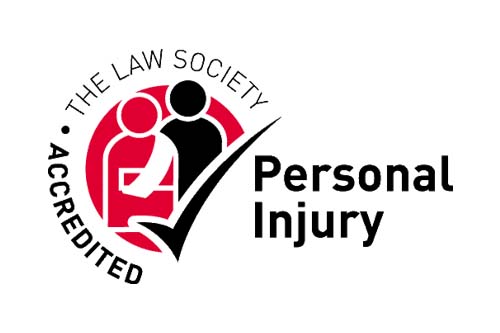
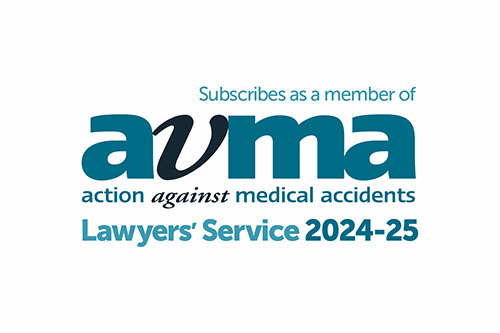
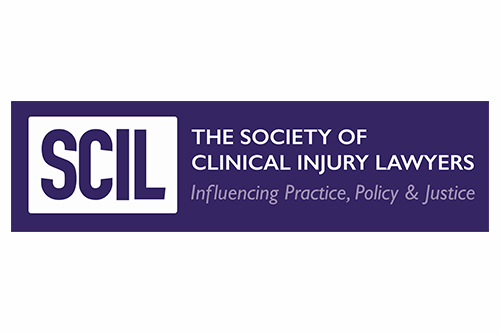

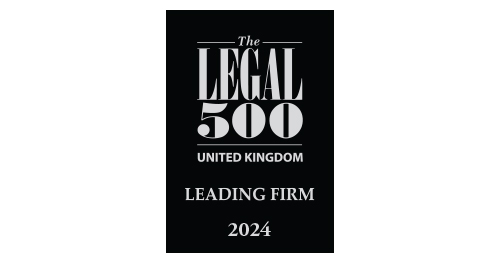
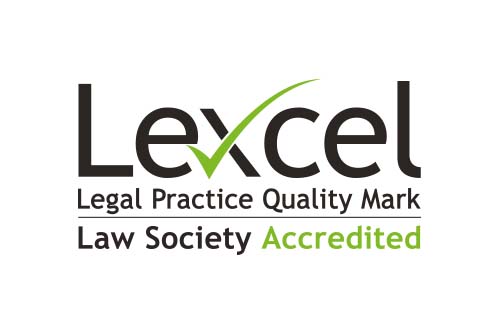
Insight from our legal specialists
View more articles related to Inquests and Fatal Claims
